During floods, when injured, people must give first aid properly and completely following the steps to avoid the invasion of tetanus bacteria.
During the flood, people are equipped with full protective equipment such as shoes, gloves, etc. when working and cleaning. This helps limit bleeding wounds or small scratches, avoiding creating conditions for tetanus bacteria to enter.
In case of injury, people should give first aid properly and completely according to the following steps. First, the wound should be washed immediately under clean running water. People should use hydrogen peroxide to disinfect and push out dirt and sand and stop the bleeding, then wash the wound with soap and dry it.
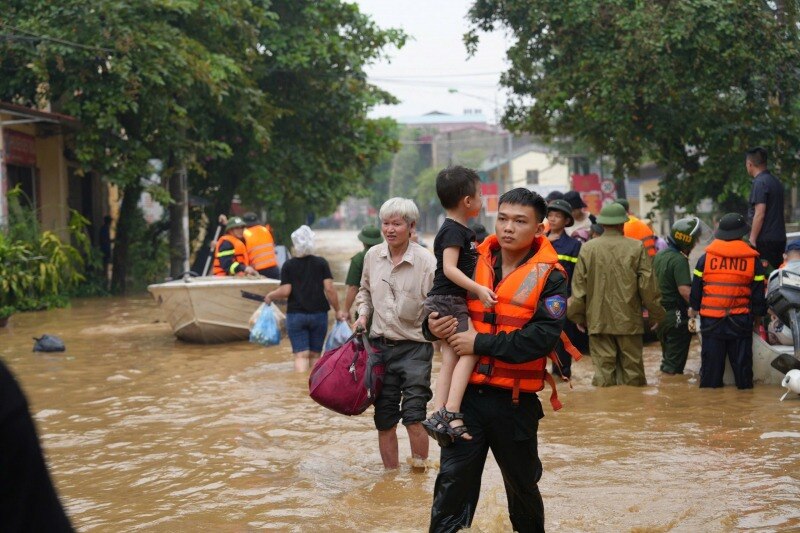 |
| Illustration photo. |
If the wound has a foreign object, people need to wash their hands, remove the foreign object, cover with a bandage and clean it daily.
In more serious cases such as knife stabs, tree branches, or foreign objects stuck in the body, people should go to a medical facility and not treat the wound at home. Proper first aid for wounds will help eliminate tetanus spores and reduce the growth of pathogens.
After that, people need to get tetanus shots, possibly with serum. Indications depend on many factors such as the condition of the wound, vaccination history, health status...
It is known that tetanus vaccine can be injected after injury and actively injected to prevent the disease. Tetanus vaccine needs to be injected within 24 hours of injury, and additional serum can be injected as prescribed by the doctor.
The vaccine regimen consists of three doses, with the second dose one month after the first and the third dose six months after the second. The vaccine needs to be repeated every 10 years or when there is a wound for long-term protection.
People can proactively get vaccinated against tetanus before being injured, helping to prevent early cases of tetanus infection during daily life and work.
In case of proactive vaccination, when encountering a large wound and risk of tetanus, a booster dose of vaccine is given, no need to use tetanus immune globulin (TIG) or tetanus serum (SAT).
Tetanus is an infectious disease caused by the exotoxin of the bacterium Clostridium tetani, with a mortality rate of up to 90%. Tetanus bacteria can enter the body through open wounds, and the risk of infection increases when there is a large, contaminated wound.
Incubation period is 7-14 days, usually about 10 days. The disease is classified based on the site of bacterial invasion.
Of these, generalized tetanus is the most common, with symptoms of stiffness in many muscle areas such as the facial muscles, jaw muscles, abdominal muscles, and back muscles. Patients die from complications such as respiratory failure, fractures, respiratory arrest, gastric reflux into the lungs, autonomic nervous system disorders, etc.
With local tetanus, the disease is usually uncommon, limited to the muscles near the wound area, and less dangerous than generalized tetanus.
Of these, cephalic tetanus is a rare form of this disease, occurring after head trauma or ear infection. Symptoms include jaw stiffness, dysfunction of one or more cranial nerves, most commonly the 7th nerve, and a high mortality rate.
In order to protect the health of people in flood-affected areas, the VNVC Vaccination System provides free tetanus vaccines and serum to people and soldiers in flood-affected areas in three provinces: Yen Bai , Tuyen Quang, and Thai Nguyen.
The subjects of vaccination are people and soldiers who are living, working, and overcoming the consequences of storms and floods. VNVC does not limit the number of vaccinations.
By September 14, the unit had provided free vaccinations to nearly 400 people. Most of them had open wounds caused by sharp objects, pieces of metal, corrugated iron, etc. during rescue, transportation, and cleanup after storms and floods. Many of the wounds were contaminated, exposed to mud, soil, and wastewater, with a high risk of tetanus infection.
In addition, VNVC also offers preferential prices for other important vaccines such as cholera and typhoid vaccines. At the same time, the unit supports many necessities and thousands of family medicine bags in the provinces heavily affected by Typhoon Yagi, including: Thai Binh , Thai Nguyen, Cao Bang, Yen Bai, Son La.
Source: https://baodautu.vn/luu-y-khi-xu-ly-so-cuu-vet-thuong-do-mua-lu-d224975.html








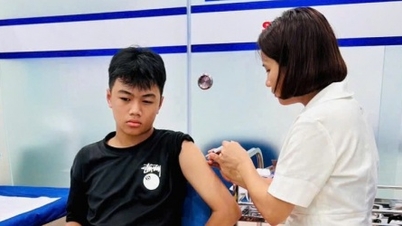


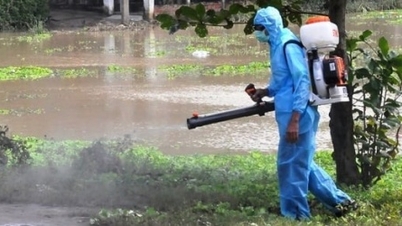
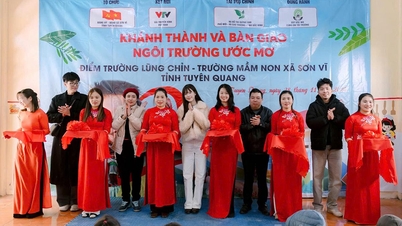

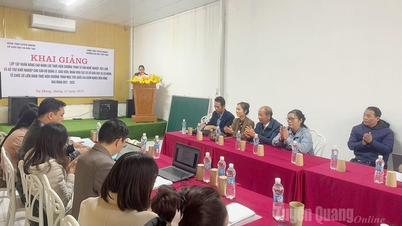

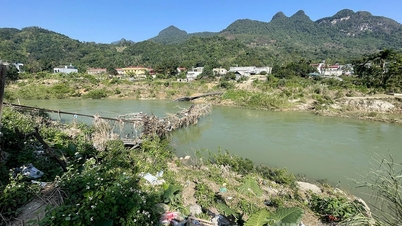

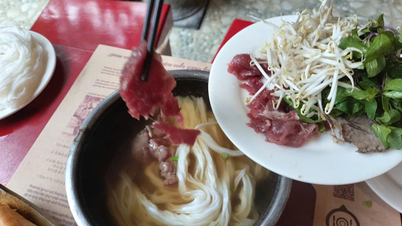






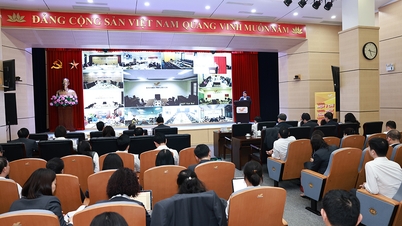























































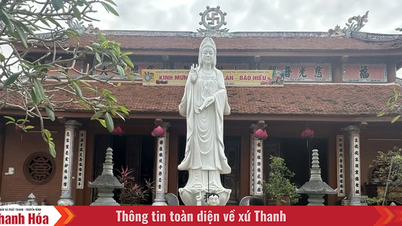





















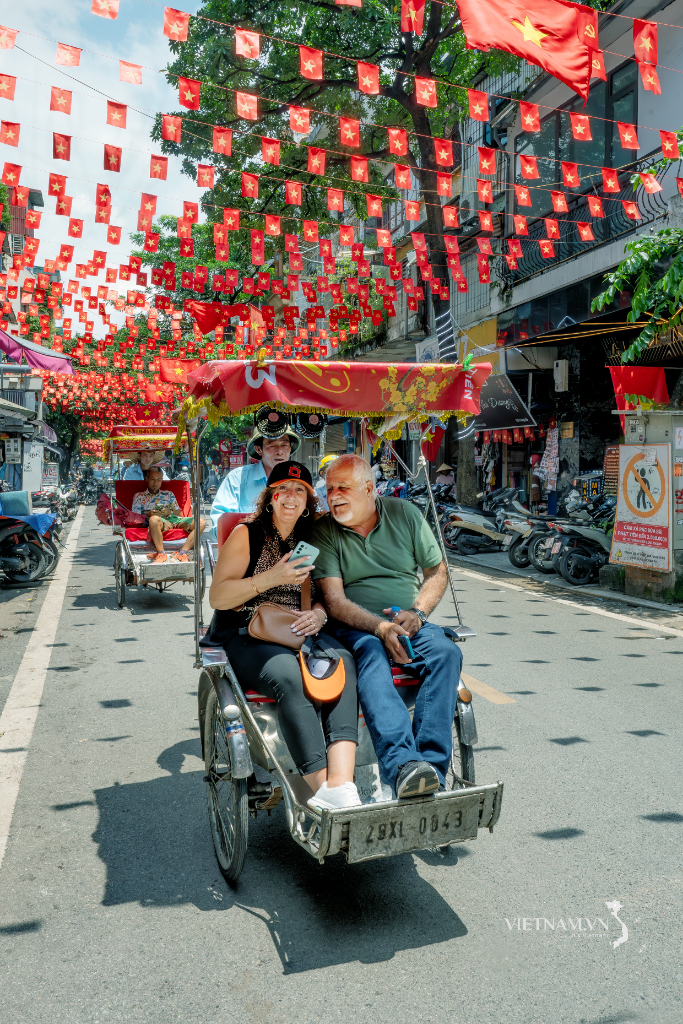
Comment (0)